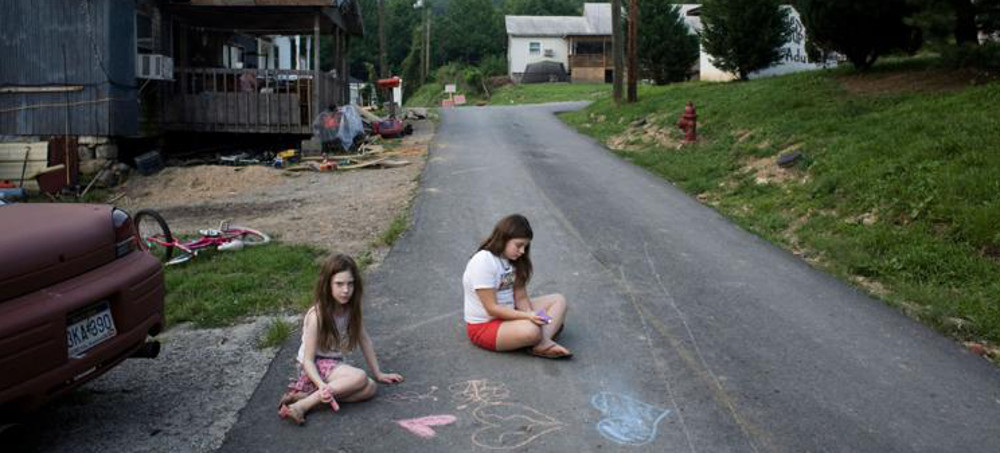50 Thousand Kids in Joe Manchin's Home State Could Sink Into Deep Poverty Without Child Tax Credits
Shirin Ali The Hill Most West Virginia families used their child tax credit payments for basic necessities like food, utilities and education costs. (photo: The DA)
13 January 22
Most West Virginia families used their child tax credit payments for basic necessities like food, utilities and education costs. (photo: The DA)
13 January 22
Most West Virginia families used their child tax credit payments for basic necessities like food, utilities and education costs.
Since July 2021, millions of families across the country began receiving special payments from the federal government under the advanced child tax credit program as part of President Biden’s American Rescue Plan. In West Virginia, more than 300,000 children received those payments, but Sen. Joe Manchin (D), who represents West Virginia, hasn’t been a fan of the program.
Manchin previously said he wants additional stipulations attached to the child tax credit program, like requiring parents to work and to limit payments to families making $60,000 or less annually.
"Don't you think, if we're going to help the children, that the people should make some effort?," argued Manchin while appearing on CNN's "State of the Union" in September.
However, advocates in Machin’s home state of West Virginia are pointing out just how significant the child tax credit program has been. The West Virginia Center on Budget … Policy (WVCBP) estimates 93 percent of children in West Virginia received those payments, with most households getting between $250 to $300 per child every month.
Even at the national level, the child tax credit payments made a significant impact. The Center on Poverty … Social Policy estimated 3.8 million children avoided poverty in November 2021, with the child tax credit program contributing to a 5.1 percent reduction in child poverty compared to what it would have been without the payments.
Despite the positive gains, Congress wasn’t able to extend the program and the final child tax credit payment was distributed to families last month. Due in part to Manchin’s opposition, the future of the child tax credit program remains uncertain.
In West Virginia, that means 50,000 children are now at risk of slipping into poverty, according to data by WVCBP.
Most West Virginia families used their child tax credit payments for basic necessities, with 77 percent of recipient households using the money for food, 57 percent spending it on utilities, and nearly 40 percent spending it on education costs.
“Making these changes permanent is a key provision of the Build Back Better agenda, and should be a top priority for West Virginia’s congressional leaders. The expanded credit is already leading to an historic reduction in poverty in the state,” said Sean O’Leary, a senior policy analyst at WVCBP, in a blogpost.
Growing up in poverty causes lasting harm, with the Center on Budget and Policy Priorities (CBPP) noting that poverty can bring unstable housing, frequent moves, inadequate nutrition and high family stress. All of that can often take a heavy toll on children, leading to lower levels of educational attainment, lower earnings, higher likelihood of getting arrested and poor health in adulthood.
Now that the additional income from the child tax credit payment program is gone, families in West Virginia are feeling the pinch.
“That money gave us breathing room, so we were not so stressed about bills and rent constantly. In the future it will help us save money and one day be able to purchase a house,” said Erin, a West Virginia parent responding to WVCB’s call to families on the impact of not having the child tax credit payment program payments.
About 17 percent of all children living in the U.S. are living in poverty, which equates to nearly 12 million kids, according to the Annie E. Casey Foundation. In West Virginia, about 20 percent of children were living in poverty in 2019.
Experts worry the gains families were able to make last year because of the child tax credit could be lost for good and are imploring Manchin to help bring it back to life in Biden’s Build Back Better act.
“The expansion of the child tax credit (CTC) brought historic child poverty reductions in West Virginia and around the country—progress that will be lost if Senator Manchin does not support continuing the program,” said Kelly Allen, executive director of WVCBP, to Changing America in an emailed statement.



